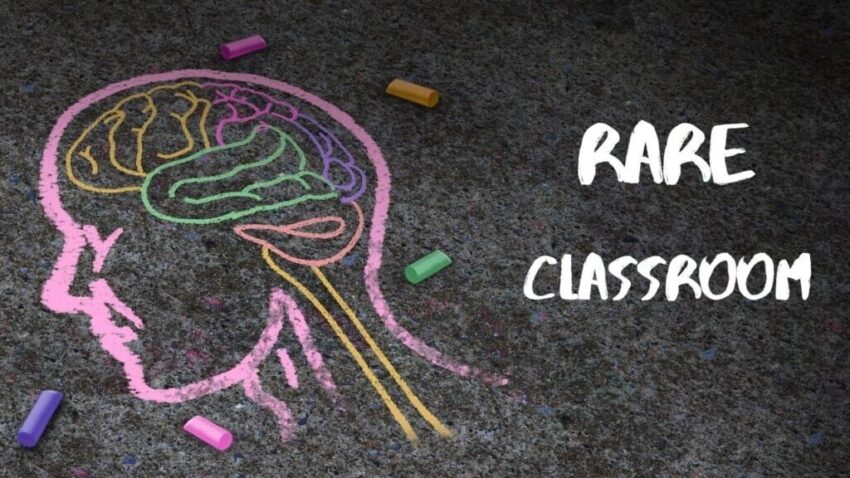Welcome to the Rare Classroom, a new series from Patient Worthy. Rare Classroom is designed for the curious reader who wants to get informed on some of the rarest, most mysterious diseases and conditions. There are thousands of rare diseases out there, but only a very small number of them have viable treatments and regularly make the news. This series is an opportunity to learn the basics about some of the diseases that almost no one hears much about or that we otherwise haven’t been able to report on very often.
Eyes front and ears open. Class is now in session.

The disease that we will be learning about today is:
WHIM Syndrome
What is WHIM Syndrome?
- WHIM (Wart, Hypogammaglobulinemia, Immunodeficiency, and Myelokathexis) syndrome is a congenital disorder distinguished by immunodeficiency and chronic noncyclic neutropenia
- Myelokathexis – retention of neutrophils in the bone marrow
- This syndrome is believed to affect less than 1,000 people in the US
How Do You Get It?
- WHIM syndrome is the result of genetic mutations impacting the gene CXCR4 located on 2q21
- Males and females appear to be affected equally
- The syndrome is inherited in an autosomal dominant pattern
What Are the Symptoms?
- WHIM syndrome symptoms can vary from case to case and also range in severity
- Onset of symptoms varies widely from childhood into adulthood
- Symptoms can include:
- Abnormalities affecting the neutrophils (neutropenia, neutrophils retained in the bone marrow)
- Lymphopenia
- Bone marrow hypercellularity
- Pneumonia and other recurrent infections
- Papilloma tumors
- Verrucae (warts) on the hands, feet, or genitalia
- Bronchiectasis
- Speech problems
- Poor motor coordination
How Is It Treated?
- Treatments for WHIM syndrome are limited
- Immune globulin infusions are capable of controlling bacterial infections
- Granulocyte-macrophage colony-stimulating factor (GM-CSF) treatment can address neutropenia
- Plerixafor is an investigational treatment that shows promise for WHIM syndrome
Where Can I Learn More???
- Check out our cornerstone on this disease here.






